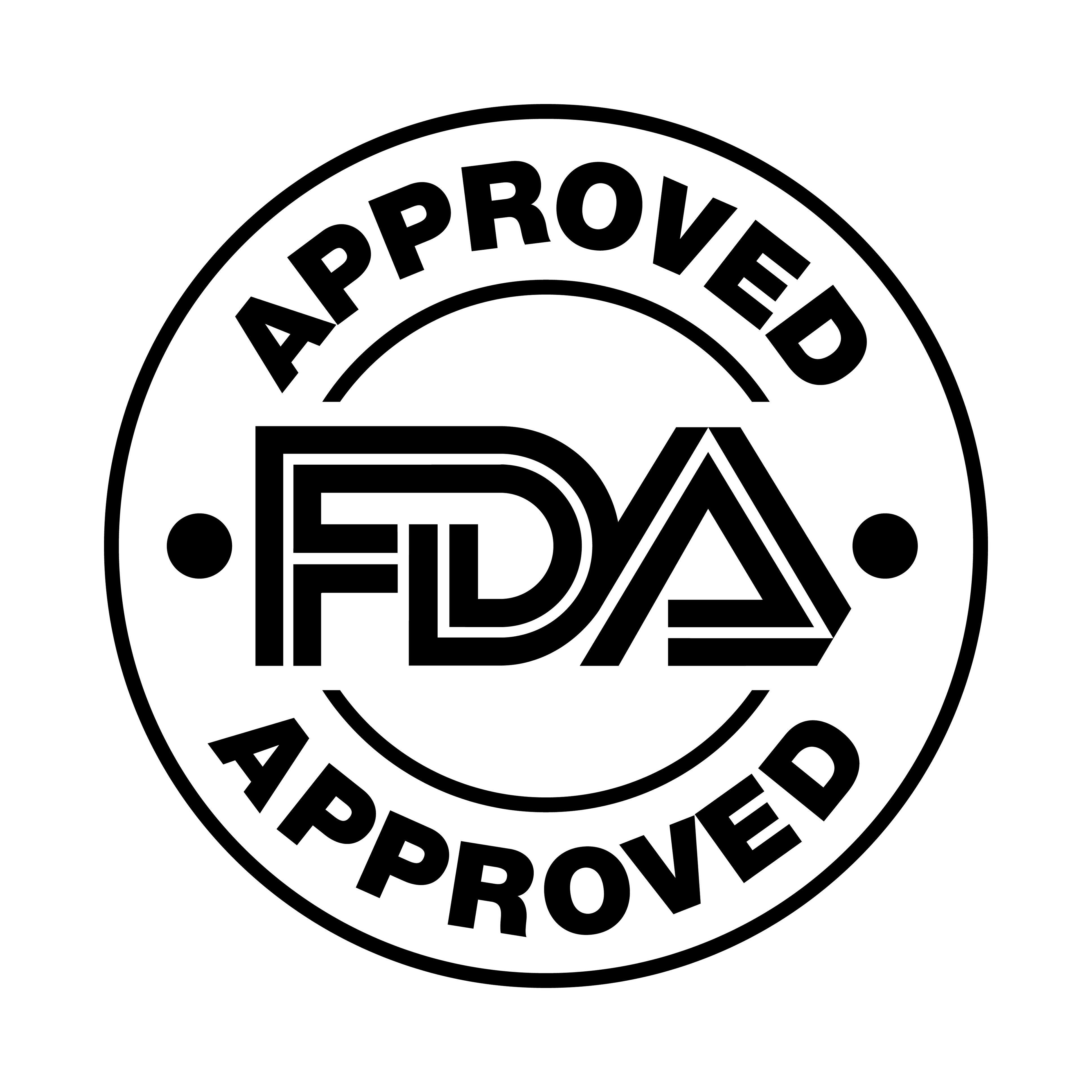FDA approves diazoxide choline extended-release tablets for hyperphagia in Prader-Willi syndrome
Diazoxide choline has been granted breakthrough, fast track, and orphan drug designations in the United States.
FDA approves diazoxide choline extended-release tablets for Prader-Willi syndrome | Image Credit: © Calin - © Calin - stock.adobe.com.

On March 26, 2025, the new drug application (NDA) for diazoxide choline extended-release tablets (VYKAT XR; Soleno Therapeutics) was approved by the FDA to treat hyperphagia among individuals aged 4 years and older with Prader-Willi syndrome (PWS), according to a company press release.1,2
The NDA was submitted to the federal agency on June 27, 2024. In August that year, the FDA accepted the submission and granted priority review designations to VYKAT XR. Additionally, the newly-approved treatment has been granted breakthrough, fast track, and orphan drug designations from the FDA.2
“The approval of VYKAT XR is a significant milestone for Soleno and, most importantly, for the PWS community who have had no options to treat the most disruptive aspect of this disease,” said Anish Bhatnagar, MD, CEO of Soleno. “We are deeply grateful to the many individuals with PWS, their caregivers and clinical sites who participated in our trials, the advocacy groups, including FPWR and PWSA | USA, the advocates who have tirelessly supported the approval of VYKAT XR, the FDA for a collaborative review process, and our employees who have been committed to delivering VYKAT XR to those with PWS.”1
According to Soleno, PWS occurs among 1 in every 15,000 live births, with the hallmark symptom being hyperphagia, a chronic and life-threatening condition. It is characterized by feelings of intense, persistent hunger, food pre-occupation, and an extreme drive to seek and consume food, which can severely diminish the quality of life for individuals with PWS and their families, according to Soleno.2
Behavioral problems, cognitive disabilities, low muscle tone, short stature, exccess body fat accumulation, developmental delays, and incomplete sexual development are other characteristics of PWS.
VYKAT XR is an extended-release dosage form that contains diazoxide choline, the crystalline salt of diazoxide, and is administered once daily. In the PWS phase 3 clinical development program, DCCR demonstrated positive results that addressed hyperphagia in addition to aggressive or destructive behaviors, fat mass, and other metabolic parameters.
According to an article published in the Journal of Neurodevelopmental Disorders in 2024, investigators found that "Long-term administration of DCCR to people with PWS resulted in changes in hyperphagia and other behavioral complications of PWS that are distinct from the natural history of the syndrome as exemplified by the cohort from PATH for PWS."3
PATH for PWS (NCT03718416) was a natural history study that enrolled patients with PWS aged 5 and older, with an aim to help researchers better understand medical events in PWS of a 4-year period.4
According to results published in Neurodevelopmental Disorders, relative to the PATH for PWS study cohort, DCCR-treated C601/C602 cohort showed significant improvements in HQ-CT score at 26 weeks (LSmean [SE] -8.3 [0.75] vs -2.5 [0.43], P < 0.001) and 52 weeks (LSmean [SE] -9.2 [0.77] vs -3.4 [0.47], P < 0.001).3
Additionally, significant improvements in all domains of the Prader-Willi Syndrome Profile questionnaire at 26 weeks (all p < 0.001) and 52 weeks (all p ≤ 0.003) for C601/C602 participants were observed compared to the PATH for PWS participants.3
"Long-term administration of DCCR to people with PWS resulted in changes in hyperphagia and other behavioral complications of PWS that are distinct from the natural history of the syndrome as exemplified by the cohort from PATH for PWS," wrote the authors. "The combined effects of administration of DCCR should reduce the burden of the syndrome on the patient, caregivers, and their families, and thereby may benefit people with PWS and their families."3
"This approval is a testament to the power of persistence, science, and advocacy," said Susan Hedstrom, executive director of the Foundation for Prader-Willi Research. "For years, families and researchers have worked towards a treatment option that truly addresses the complexities of PWS. Today, we take a major step forward in changing the future for individuals navigating hyperphagia associated with PWS."
References:
1. Soleno Therapeutics. Soleno Therapeutics Announces U.S. FDA Approval of VYKATTM XR to Treat Hyperphagia in Prader-Willi Syndrome. Global Newswire. March 26, 2025. Accessed March 26, 2025. https://www.globenewswire.com/news-release/2025/03/26/3050184/0/en/Soleno-Therapeutics-Announces-U-S-FDA-Approval-of-VYKATTM-XR-to-Treat-Hyperphagia-in-Prader-Willi-Syndrome.html
2. Soleno Therapeutics Announces FDA Extension of Review Period for DCCR (Diazoxide Choline) Extended-Release Tablets in Prader-Willi Syndrome. Soleno Therapeutics. Press release. November 26, 2024. Accessed March 26, 2025. https://investors.soleno.life/news-releases/news-release-details/soleno-therapeutics-announces-fda-extension-review-period-dccr
3. Strong, T.V., Miller, J.L., McCandless, S.E. et al. Behavioral changes in patients with Prader-Willi syndrome receiving diazoxide choline extended-release tablets compared to the PATH for PWS natural history study. J Neurodevelop Disord. 16, 22 (2024).doi:10.1186/s11689-024-09536-x
4. Natural History Study of Serious Medical Events in PWS (PATH for PWS). ClinicalTrials.gov. Updated February 29, 2024. Accessed March 26, 2025. https://clinicaltrials.gov/study/NCT03718416